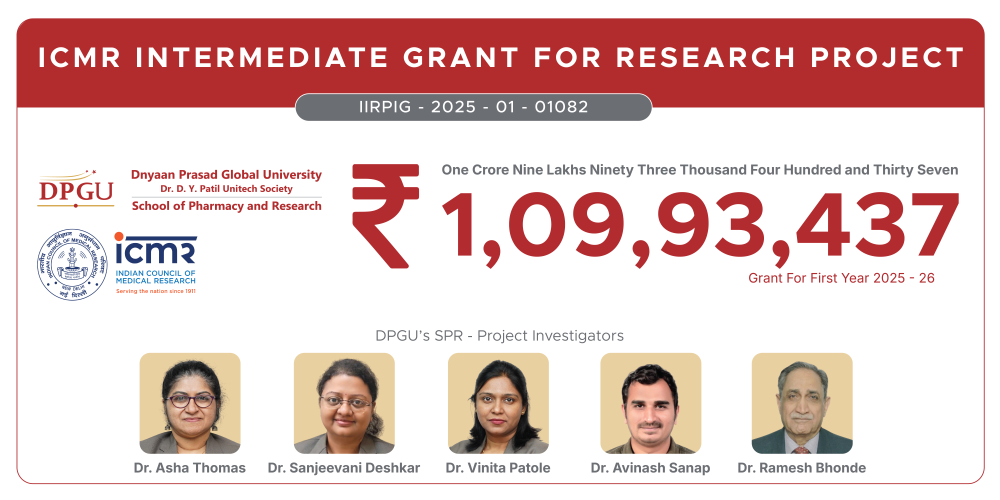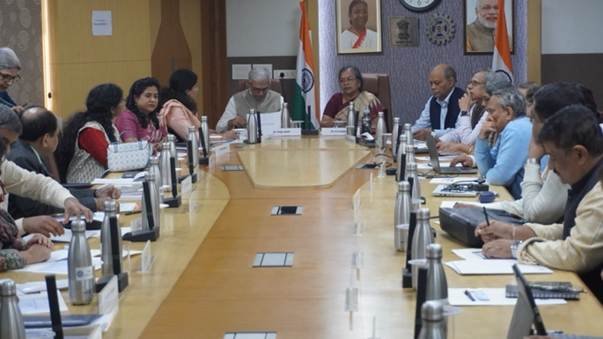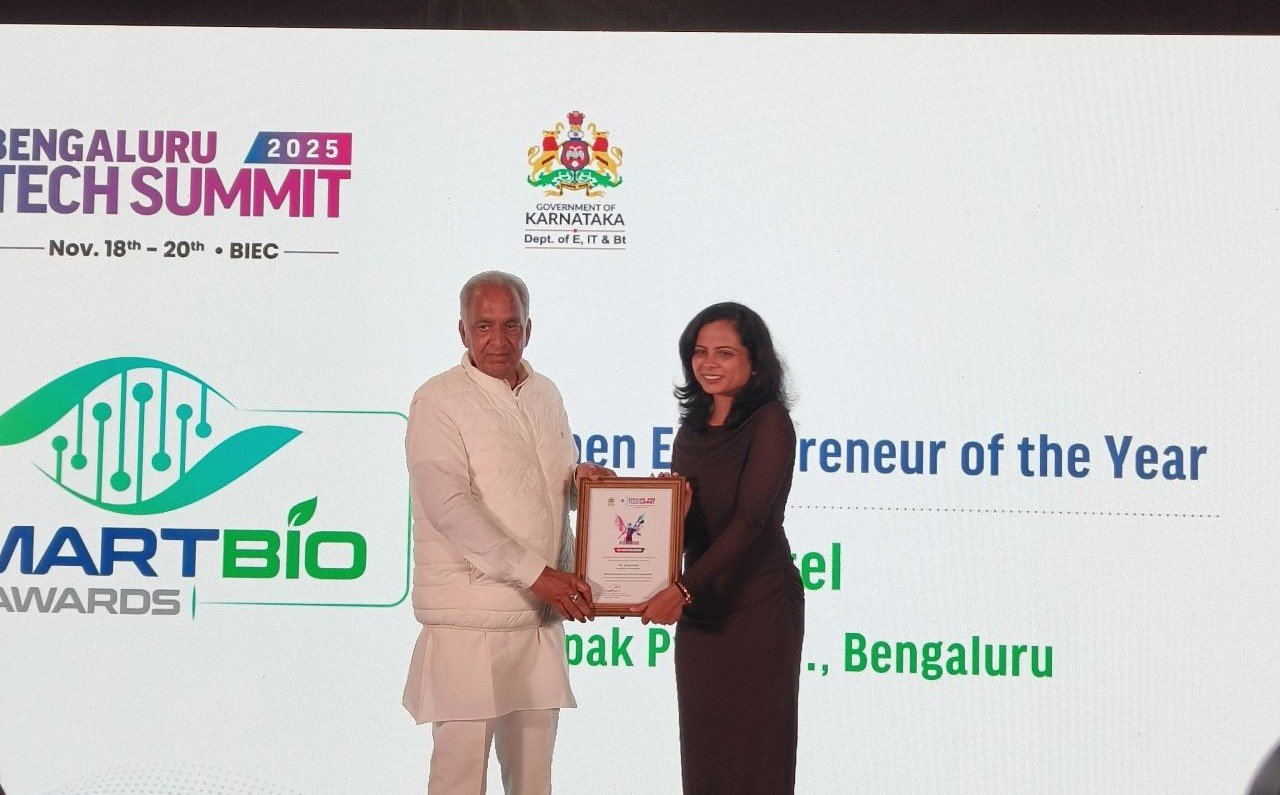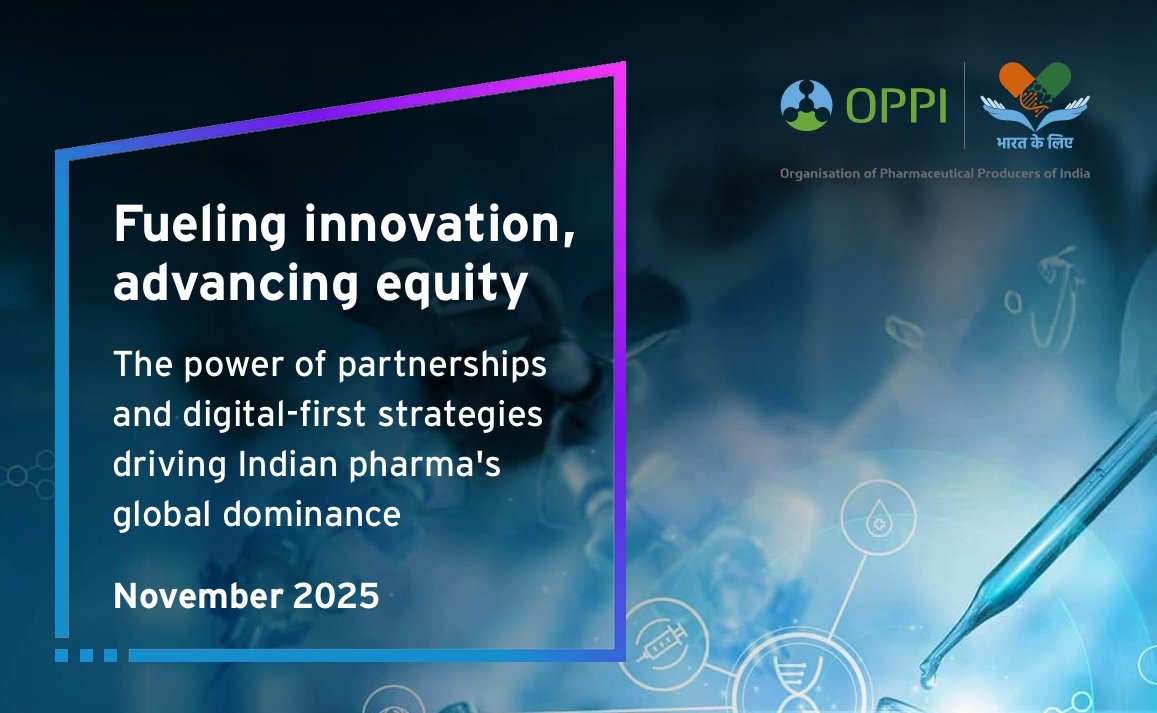Can GSK's verdict rewrite product strategies in developing markets?
November 03, 2014 | Monday | Features | By BioSpectrum Bureau
Can GSK's verdict rewrite product strategies in developing markets?
(Photo Courtesy: www.willisfinexglobal-news.com)
GSK in an official apology statement has confessed that it '...fully accepts the facts and evidence of the investigation, and the verdict of the Chinese judicial authorities.'
The breach came to light after an investigation that was launched following allegations from a whistleblower revealing the practices in GSK's Chinese operations.
While bribing controversies is not a new thing among the big pharma giants, globally, industry analysts now feel that the impact of this judgment could have far reaching consequences with respect to strategy shift in new product marketing.
"Pharma companies will be much more cautious in their approach to recruiting and incentivizing medical professionals, especially physicians in emerging markets," predicts Ms Aparna Krishnan, MS, analyst, GlobalData, who covers the dynamics of healthcare industry.
In the past, large pharmaceutical companies looking to expand their presence in emerging markets have traditionally used third parties to carry out promotional activities for their therapies.
"Now companies will be more aware of prohibition around certain practices, and may instead look to partner with more established domestic companies in order to build up their presence in the Asian markets. We have seen this historically with the Japanese market, where out-licensing remains a key feature of the commercialization strategy," explains Ms Aparna.
Now pharma companies are eyeing emerging markets in countries life Middle East, Africa, and APAC countries. Simultaneously, pharmaceutical marketing is intensifying in these markets as companies attempt to build market share across untapped patient populations.
Ms Aparna also believes that there will be increased scrutiny from regulatory authorities in emerging markets over certain practices employed by companies to strengthen their commercial positions in these areas.
Companies will be increasingly conscious of the potential fallout from some of these practices, and will need to be more structured and open in their approach in building brand awareness.
Conversely, corruption remains an issue in many emerging economies, not limited to the pharmaceutical industry.
Market barriers will be difficult to overcome without concerted efforts across the corporate landscape and relevant governing bodies to improve market access.
Now how will this verdict affect countries like India, for example? Experts opine that Indian health authorities will increasingly scrutinize the incentives and payment structures involving physicians and big pharma firms. Any evidences with corrupt practices is likely to attract stringent punishment.
The other major pharma players in the APAC market include Novartis, AstraZeneca, Roche, Sanofi, Merck, and Eli Lilly.
"This verdict will force the reassessment of certain marketing strategies in these countries, primarily compensation for physicians and hospital personnel when promoting pharmaceutical products," opines Ms Aparna.










